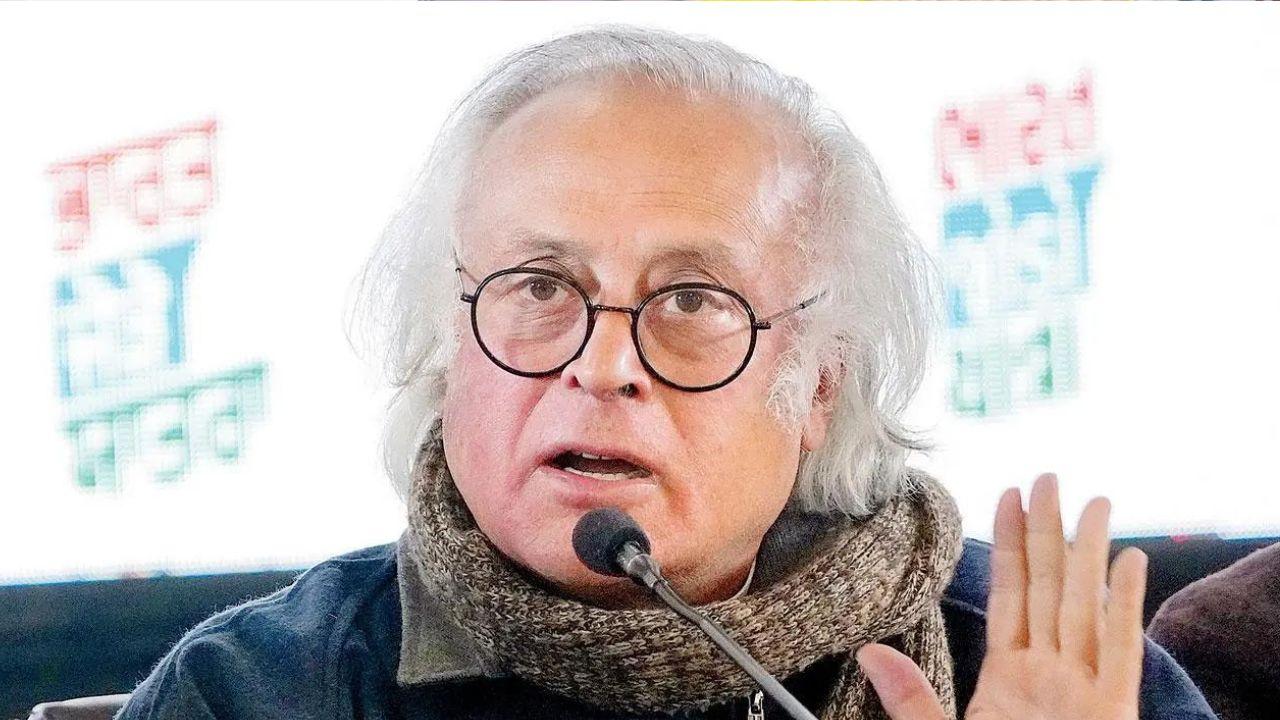He also claimed that “procedural complexities” have not been eased in the reforms despite the fact that it was much needed. Ramesh pointed out that at the very launch of GST in 2017, Rahul Gandhi and the Congress had highlighted the problems and asserted that what was introduced was the “Gabbar Singh Tax.”
The Modi government mocked him and the Congress, ignored the concerns, and brought about no changes. Now, following US President Donald Trump’s imposition of tariffs, they have been forced to improve the tax structure and are celebrating it like a festival. “This government makes an event of everything as their focus is on diverting attention from real issues,” he told PTI.
Taking a swipe at Prime Minister Narendra Modi, Ramesh said that when Modi was the chief minister of Gujarat, he opposed the GST proposal of the then UPA for eight years from 2006 to 2014. “We have been demanding reform of the GST regime since 2017, but the reform that has been carried out eight years too late is limited. The procedural complexities have not been eased, which was much needed. There is also a big question mark on whether the benefits of tax reduction will be passed on to the consumers or not,” Ramesh said.
He asserted that this reform is not the “GST 2.0” that the Congress has been demanding, but at best can be termed “GST 1.5.” The Congress on Sunday accused Modi of taking “sole ownership” of the amendments made to the GST regime and said the current reforms were inadequate, with outstanding issues— including states’ demand for an extension of compensation for another five years—remaining unaddressed.
The opposition party slammed the reforms as “applying a band-aid after inflicting deep wounds” and said the government should apologise to the public for its GST on essential items.
In his address to the nation on Sunday, Modi said a “GST bachat utsav (savings festival)” will begin from the first day of Navratri, and, coupled with the income tax exemption, it will be a “double bonanza” for most people.
Responding to the address, Ramesh said Modi addressed the nation to “claim sole ownership of the amendments made to the GST regime by the GST Council, a constitutional body.”
The Indian National Congress has long argued that the Goods and Services Tax has been a “growth-suppressing tax,” Ramesh said on Sunday.
“It is plagued with a high number of tax brackets, punitive tax rates for items of mass consumption, large-scale evasion and misclassification, costly compliance burdens, and an inverted duty structure (lower tax on output as compared to inputs),” Ramesh stated in a post on X.
“We have been demanding a GST 2.0 since July 2017 itself. This was a key pledge made in our Nyay Patra for the 2024 Lok Sabha Elections,” he added.
Ramesh said the current GST reforms were inadequate, with outstanding issues including widespread concerns of MSMEs, who are major employment generators in the economy. “Apart from major procedural changes, this involves further increasing the thresholds that apply to interstate supplies,” he explained.
He also claimed that there are sectoral issues—for instance, in textiles, tourism, exporters, handicrafts, and agricultural inputs—that must be tackled. States should be incentivised to move towards the introduction of state-level GST to cover electricity, alcohol, petroleum, and real estate as well, the Congress leader said.
“The key demand of the states made in the true spirit of cooperative federalism, namely, the extension of compensation for another five years to fully protect their revenues, remains unaddressed,” Ramesh added.
From kitchen staples to electronics, from medicines and equipment to automobiles, goods and services became cheaper from Monday as the reduced GST rates on several items came into effect from September 22—the first day of Navratri.
The tax regime now assumes a two-tier structure, with the majority of goods and services attracting tax of 5 and 18 per cent, and ultra-luxury items being levied a 40 per cent tax. Tobacco and related products will continue to be in the 28 per cent plus cess category.
Previously, GST was levied in four slabs of 5, 12, 18, and 28 per cent. Besides, a compensation cess is levied on luxury items and demerit or sin goods.
*This story has been sourced from a third-party syndicated feed/agencies. Mid-day accepts no responsibility or liability for its dependability, trustworthiness, reliability, and data of the text. Mid-day management/mid-day.com reserves the sole right to alter, delete or remove (without notice) the content in its absolute discretion for any reason whatsoever.*
https://www.mid-day.com/news/india-news/article/congress-questions-on-whether-gst-reduction-benefits-will-be-passed-on-to-consumers-23595236

Be First to Comment